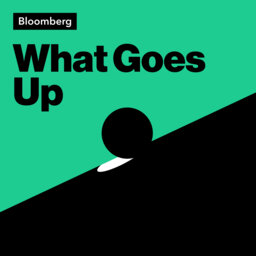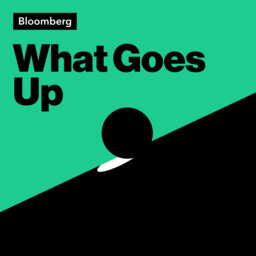What This Money Manager Learned Traveling in Covid-Zero China
Wenting Shen, an analyst and portfolio manager at Harding Loevener, is traveling through China while navigating the country’s strict Covid-zero policies, visiting executives at the companies she covers to see how they’re faring. She joins the latest episode of “What Goes Up” to discuss what she’s learned on her trip, and how Covid-19 and the trade war begun by Donald Trump have altered China’s economy.
In 1 playlist(s)
What Goes Up
Hosts Mike Regan and Vildana Hajric are joined each week by expert guests to discuss the main themes…Social links
Follow podcast
Recent clips

Listen Now: Beak Capitalism from Odd Lots
00:59

Elon, Inc: Elon Musk Bingo on Tesla’s Earnings Call
27:39

Introducing: Bloomberg News Now
00:51
 What Goes Up
What Goes Up